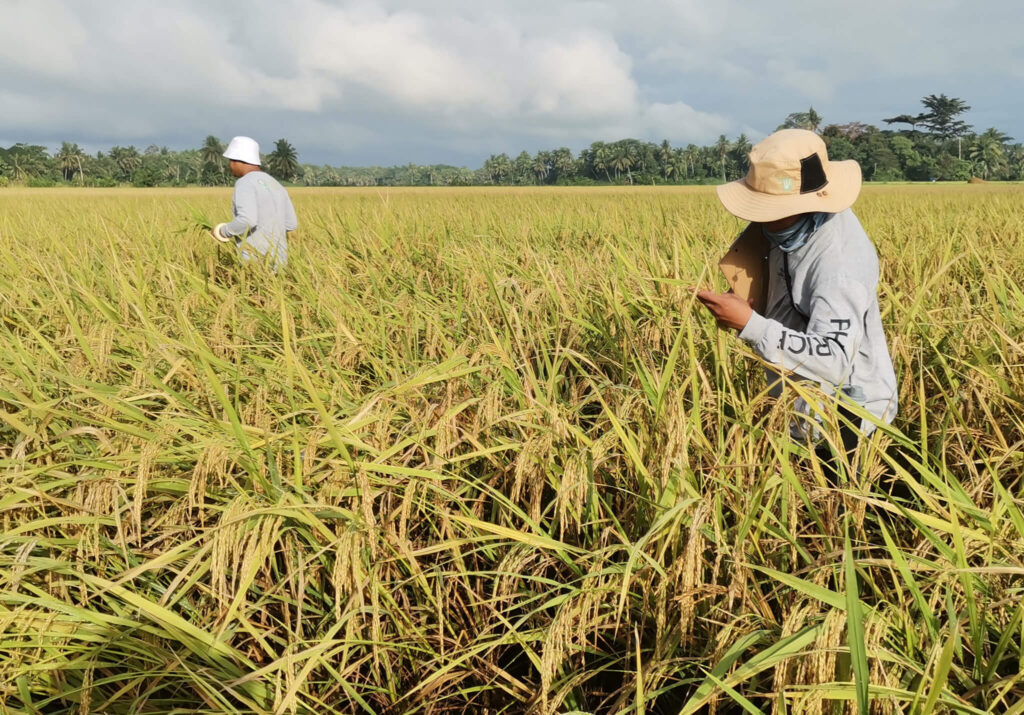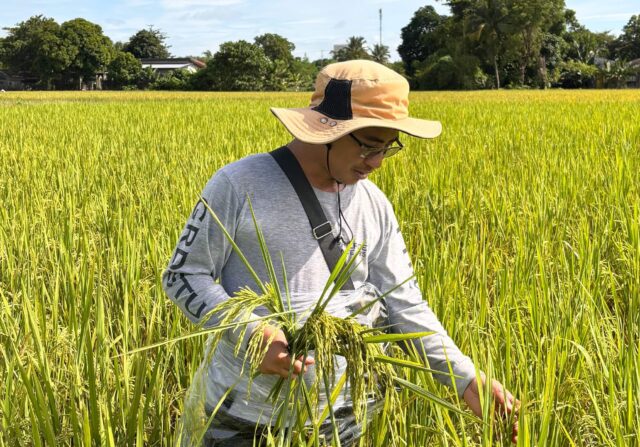SCIENCE CITY OF MUÑOZ (PIA) — Farmers and seed growers can now be assured of receiving genetically pure and true-to-type inbred rice seeds through the DNA-profiling technology of the Philippine Rice Research Institute (PhilRice).
Under the Rice Competitiveness Enhancement Fund (RCEF) Seed Program, PhilRice’s Genetic Resources Division has successfully profiled the DNA of 214 rice varieties for nationwide distribution.
PhilRice Scientist Jonathan Niones explained that each rice variety carries a unique DNA fingerprint, which distinguishes it from other varieties that may look nearly identical in physical traits.

“If the farmers requested a variety that is suitable for their area but another unfit variety was mixed, their yield would suffer,” Niones explained.
Experts highlight that using pure seeds can increase yields by 10 to 15 percent, attributed to a higher germination rate, more resilience to common pests and diseases, and more uniform crop maturity.
Rice varieties were traditionally identified by agro-morphological features such as plant height and grain shape.
By integrating DNA profiles, researchers can now recognize varieties with much greater accuracy, which also aids rice breeders in developing new varieties by providing more accurate genetic data, including traits that need improvement.
For seed growers, DNA profiling guarantees higher seed purity and quality.
DNA profiling begins with extracting genetic material from the leaf of a 21-day-old rice seedling, followed by molecular analysis using Short Tandem Repeat (STR) and Single Nucleotide Polymorphism (SNP) methods.
STR offers a cost-effective and dependable assessment, while the 7,000 SNP markers facilitate a more detailed genetic analysis for thorough variety characterization.
This breakthrough underscores the government’s commitment to enhancing rice production and ensuring Filipino farmers’ access to high-quality planting materials, thereby reducing the country’s dependence on rice imports. (CLJD/CNG, PIA 3-Nueva Ecija)





